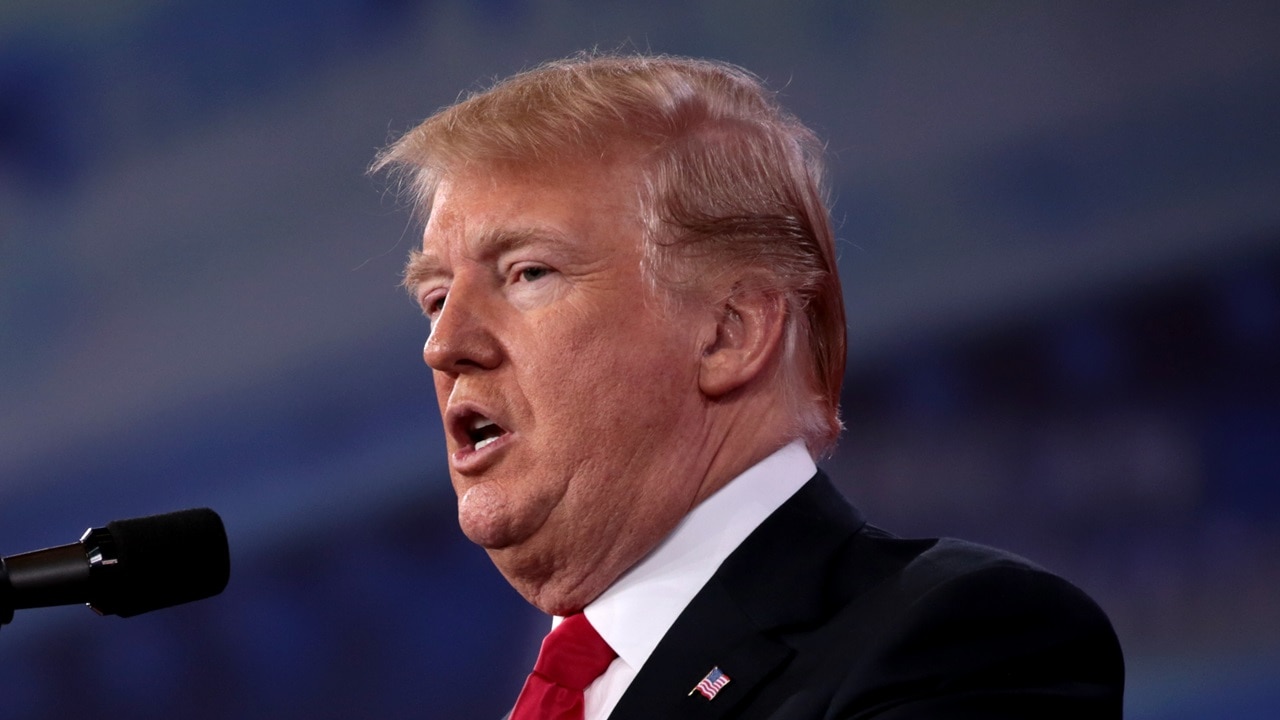The big idea behind Elon Musk’s Department of Government Efficiency (DOGE) appears to be that too many people work for the federal government.
Therefore, if large numbers of government employees are removed, it will save the government, and therefore taxpayers, some significant amount of money.
The thinking behind DOGE implies that government agencies only spend and expend money, and never save it. But when it comes to some agencies, most notably, the Internal Revenue Service (IRS), that’s not quite true.
A 20 Percent Cut Thanks to DOGE?
As reported by CNN, DOGE on March 13 proposed to cut the staff of the IRS by 20 percent by May 15, just a month after the April 15 tax deadline. This would mean a cut of 6,800 employees, on top of the 6,700 probationary employees who had already been let go, and an additional 4,700 who accepted the voluntary buyout already offered to government employees.
A court ruled earlier this month that the Administration must restore some workers fired from various agencies.
Still, even if that ruling stands, the IRS is likely looking at a major reduction in its workforce.
One employee told CNN at the time that the agency’s “everyday status quo” now includes “people crying, managers apologizing for the firings and chaos, and social media ‘in a frenzy.’”
“A Woke & Weaponized Army of 87,000 IRS Agents”
The IRS cuts are something of a legacy of a battle that took place during the Biden Administration.
After years of complaints that the IRS was understaffed, the Inflation Reduction Act signed by Biden in 2022 added $80 billion in new funding for the IRS over ten years, for enforcement and “modernization.”
This led to a Republican talking point that the new money would allow Biden to hire 87,000 new IRS agents. Sometimes this claim was supplemented by calling the agents an “army” or “armed.” Rep. Alex Mooney (R-WV), in April of 2023, denounced the hiring of what he called “a woke & weaponized Army of 87,000 IRS agents.”
It was an attempt to weaponize anti-IRS sentiment — after all, no one likes paying taxes — when the additional enforcement funding was meant to cut down on tax cheats.
But the truth was, the 87,000 figure came from a 2021 Treasury Department report, which estimated that the IRS could hire 86,852 new employees over ten years if it got the additional funds. But those employees would not all be agents; they would be hired over a decade, not right away, and thanks to both cuts from the GOP Congress in the second half of the Biden Administration and now DOGE, the cuts never came to fruition.
How DOGE Cost Cost the IRS
Now comes a Washington Post analysis showing something that should perhaps be obvious: If the IRS fires a large number of employees, that will cause it to do less enforcement and collect less revenue. And therefore, it will cost the government money and likely not end up so efficient after all.
Tax officials, per the Post, are “bracing for a sharp drop in revenue collected this spring,” as worries are that individuals and businesses will either skip paying taxes or not pay the money that they owe. In fact, officials with the IRS and Treasury Department are predicting as much as a 10 percent decrease in tax receipts compared to last year. This would amount to $500 billion in lost tax revenue.
Among other issues, as reported by the newspaper, the IRS has “dropped investigations of high-value corporations and taxpayers” because of the need to “triage” their functions.
A large drop in tax revenue usually comes during a recession but as Dorothy A. Brown, a law professor at George Washington University, told the Post, “there’s no reason to anticipate this based on the economic year we had in 2024.”
The Post also reported that the incoming administration was warned of this possibly happening before they came into office.
About the Author: Stephen Silver
Stephen Silver is an award-winning journalist, essayist and film critic, and contributor to the Philadelphia Inquirer, the Jewish Telegraphic Agency, Broad Street Review and Splice Today. The co-founder of the Philadelphia Film Critics Circle, Stephen lives in suburban Philadelphia with his wife and two sons. For over a decade, Stephen has authored thousands of articles that focus on politics, technology, and the economy. Follow him on X (formerly Twitter) at @StephenSilver, and subscribe to his Substack newsletter.

